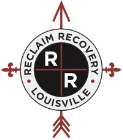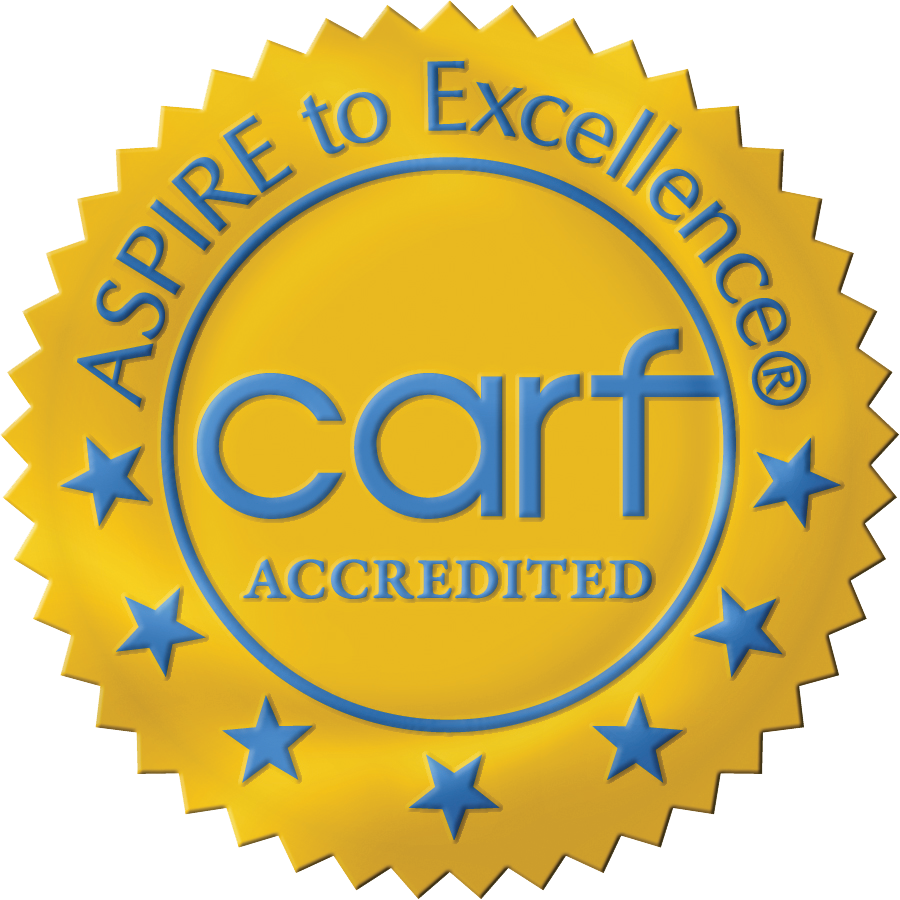Our Blogs

Can You Get Fired for Going to Rehab in Kentucky? Know Your Rights & Protections
If you're struggling with addiction and ready to seek help, one of your biggest concerns may be whether you'll lose your job if you go to rehab. It's a valid fear—especially in today’s economy, where job security can feel fragile. Many Kentuckians delay life-saving treatment because they’re afraid that taking time off work will jeopardize their employment. At Reclaim Recovery Louisville, we believe that no one should have to choose between their health and their livelihood. That’s why we want you to understand your rights, your protections, and the supportive steps you can take to move forward safely.
Your Legal Rights When Seeking Addiction Treatment
1. The Americans with Disabilities Act (ADA)
Addiction, when treated as a medical condition, is recognized under the ADA as a disability—especially when someone is actively seeking recovery or is in recovery. Here’s what that means:
You cannot be fired for voluntarily seeking addiction treatment. If you're taking the initiative to get help before job performance declines or disciplinary action is taken, your employer is legally obligated to accommodate you.
Employers must offer "reasonable accommodations"—such as schedule flexibility or time off—to allow you to attend treatment.
The ADA does not protect current illegal drug use, but it does protect those who are pursuing sobriety or actively participating in a treatment program.
2. The Family and Medical Leave Act (FMLA)
FMLA is a powerful protection that provides up to 12 weeks of unpaid, job-protected leave for medical reasons—including substance use disorder treatment.
To qualify:
You must have worked at your current job for at least 12 months and logged at least 1,250 hours in the past year.
Your employer must have 50 or more employees within a 75-mile radius.
If you qualify:
You cannot be fired for attending rehab (whether it’s inpatient or outpatient) if you follow FMLA procedures.
Your job is legally protected for the duration of your treatment leave.
All health information and your treatment status must remain confidential, protected under HIPAA.
Common Misconceptions About Rehab and Work
A lot of fear stems from misinformation. Let’s clear up a few widespread myths:
"If I tell my boss, I’ll be fired on the spot."
Not true—if you disclose your plan for treatment before workplace problems escalate, you're protected under the law.
"Rehab will ruin my professional future."
In fact, getting help demonstrates strength, self-awareness, and accountability—qualities employers respect.
"I can’t afford to take time off work."
While FMLA is unpaid, many employers allow you to combine vacation days, sick leave, or short-term disability coverage to maintain income while receiving treatment.
How Reclaim Recovery Helps You Protect Your Job
At Reclaim Recovery Louisville, we work with clients every day who are juggling recovery with real-world responsibilities—including work. Our goal is to help you stabilize your health without sacrificing your job or career progress.
Here's how we support you:
Flexible scheduling: Our outpatient and IOP programs offer sessions in the morning, afternoon, or evening.
Discreet documentation support: We’ll provide HR letters, FMLA documentation, and medical verification if needed.
Employer communication coaching: Our team can help you prepare for that conversation with your boss, supervisor, or HR department.
Medicaid and financial navigation: We’ll help you verify coverage and explore assistance if you’re worried about the financial side of treatment.
We’ve helped hundreds of professionals pursue sobriety while keeping their careers intact—and we’re ready to do the same for you.
How to Talk to Your Employer About Rehab
The conversation might feel intimidating, but it doesn’t have to be. Here are practical steps:
Educate yourself on ADA and FMLA protections before initiating the conversation.
Frame it positively: Emphasize that you are proactively taking care of your health to perform better in the long term.
Choose the right timing: Speak with HR or your direct supervisor when you’re not under disciplinary action.
Request confidentiality: Remind them that medical leave and related documentation are protected under HIPAA.
Ask Reclaim for help: We can guide you through what to say and how to say it.
Frequently Asked Questions (FAQs)
1. Can my employer fire me for going to rehab in Kentucky?
No—if you qualify under ADA or FMLA, your job is protected as long as you’re proactive and follow proper procedures.
2. Is outpatient rehab covered under FMLA?
Yes. Both outpatient and inpatient programs qualify under FMLA if they are medically necessary.
3. What if I don’t qualify for FMLA?
You may still have options like using accrued sick/vacation days, short-term disability, or shifting to evening IOP sessions. Reclaim can help you explore every path.
4. Will my coworkers or boss find out I’m in rehab?
Not unless you disclose it. HIPAA and FMLA laws protect your privacy.
5. What if I relapse after returning to work?
Recovery is a process. If you stumble, it doesn’t erase your progress. Reclaim offers aftercare support and relapse prevention to help you stay on track.
6. Can I work part-time while in treatment?
Yes. Many clients continue working while attending IOP. We help design treatment schedules that fit your work and life.
You Deserve Recovery—Without Risking Your Job
If you’re ready to heal but afraid of losing your job, know this: You have rights. You have options. And you don’t have to do it alone.
📞 Call Reclaim Recovery Louisville today for a confidential consultation. We’ll walk you through your legal protections, treatment options, and workplace support plan—so you can start recovery without fear.


